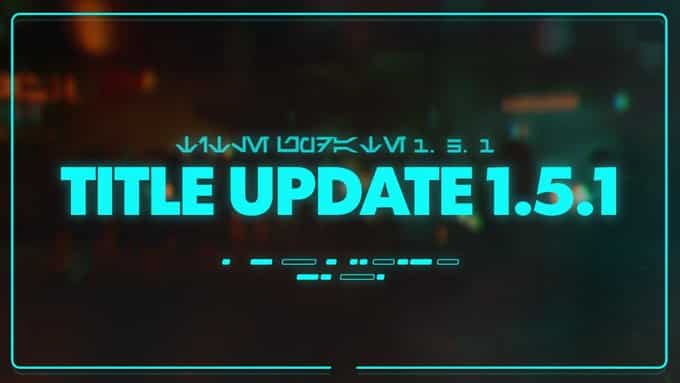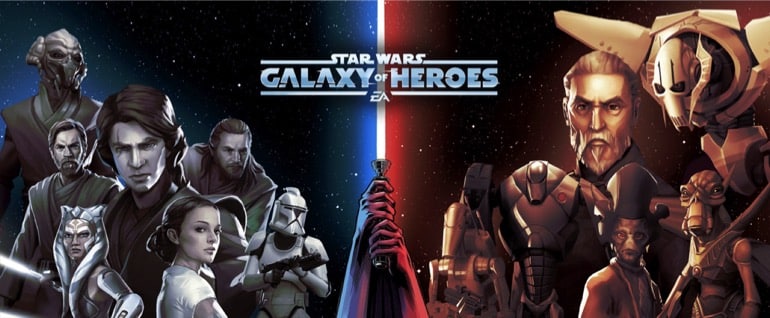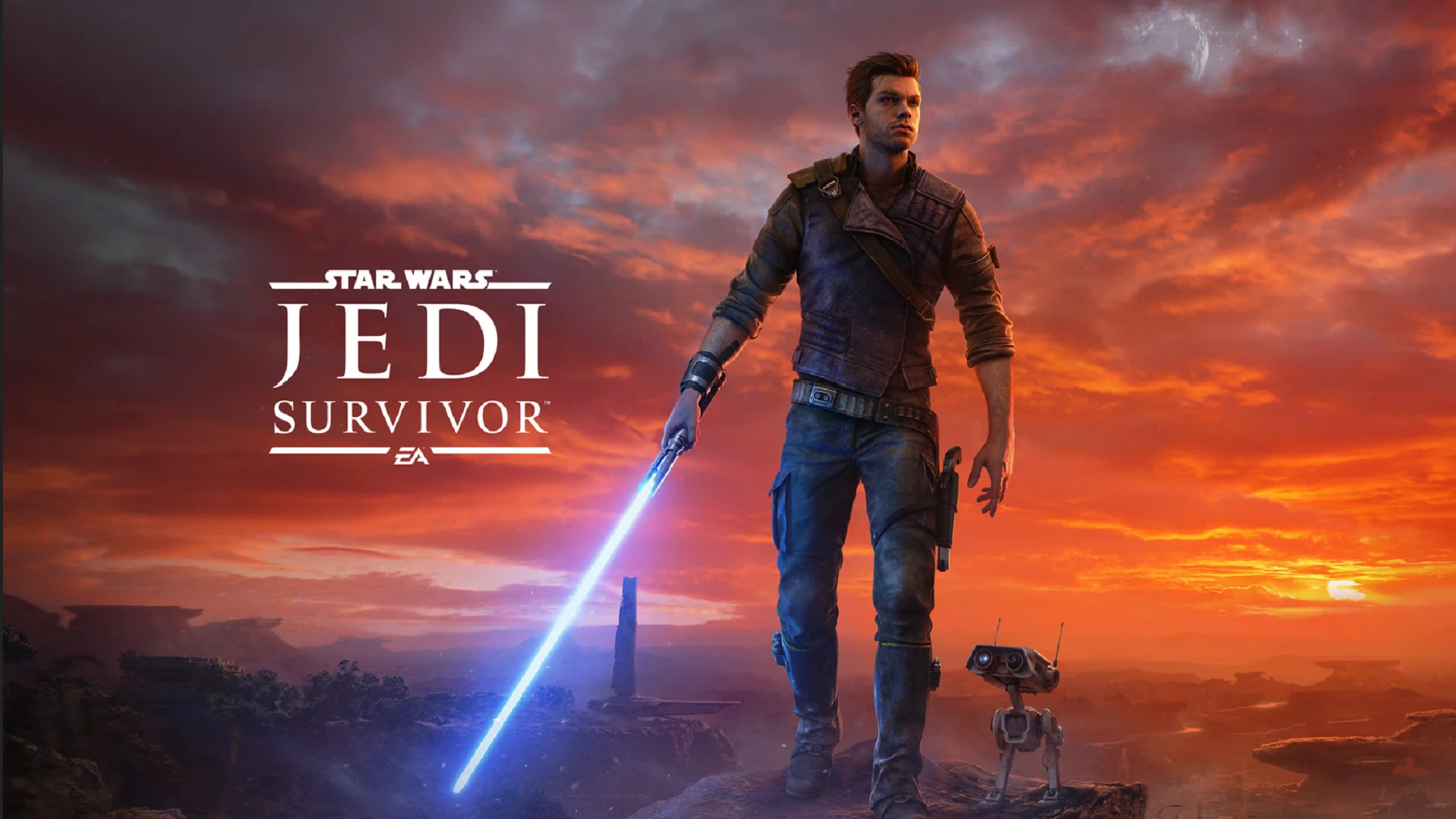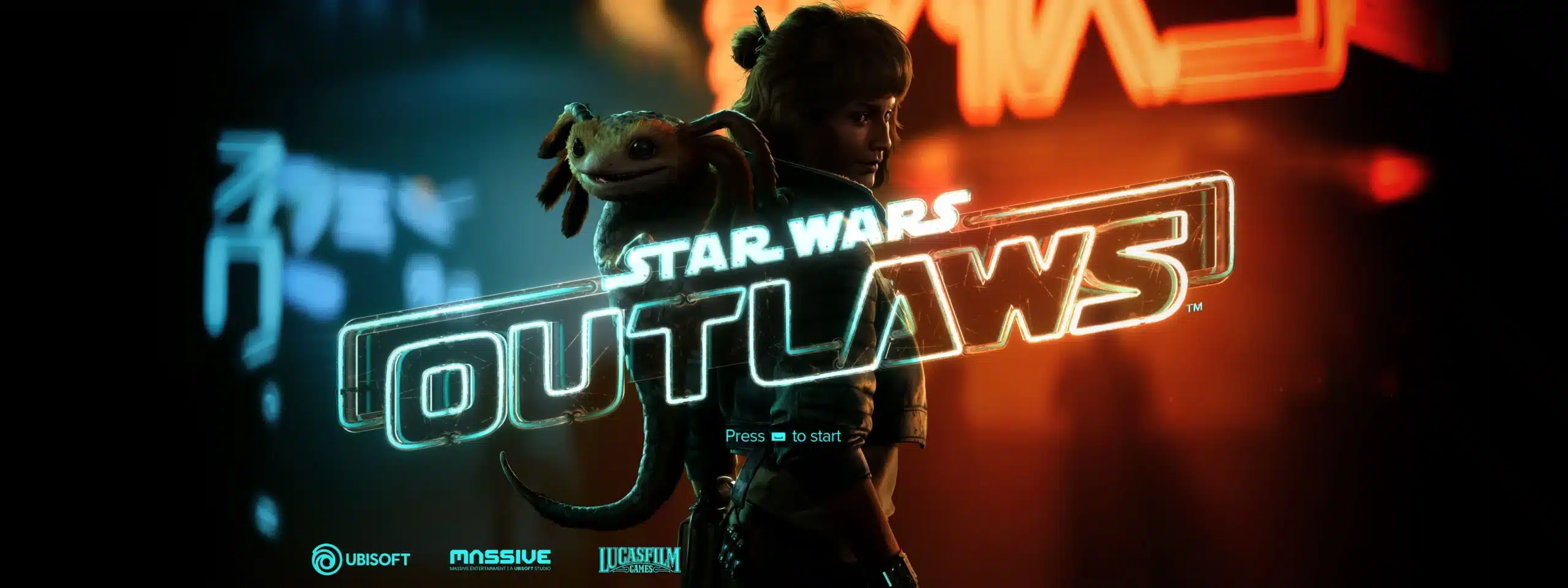In a surprising turn of events, two actors whose scenes were cut from Star Wars: A New Hope are suing Lucasfilm for a whopping $190 million. Koo Stark, who portrayed Camie Marstrap, and Anthony Forrest, who played Laze “Fixer” Loneozner (and a certain ill-fated sandtrooper), have taken legal action, alleging that Lucasfilm profited from their likenesses without permission.
You’d think getting cut from a movie would be the end of the story, but when the movie in question is Star Wars, the galaxy’s most enduring sci-fi franchise, things tend to get… complicated.
Who Are Koo Stark and Anthony Forrest?
Koo Stark: The Lost Camie Marstrap
Koo Stark is best known as the actress who once dated Prince Andrew back in the early 1980s. However, before the royal romance, Stark appeared in George Lucas’s 1977 film Star Wars: Episode IV – A New Hope as Camie Marstrap, a childhood friend of Luke Skywalker on Tatooine. Unfortunately for Stark, her scenes were cut from the final version of the movie.
Despite her absence from the theatrical release, Camie’s character made its way into various spin-offs, including 1998’s Star Wars: Behind the Magic CD-ROM and, more recently, The Book of Boba Fett. Stark’s lawsuit argues that Lucasfilm exploited her likeness without proper compensation.
Anthony Forrest: Fixer and That Sandtrooper
Anthony Forrest faced a similar fate. His character, Laze “Fixer” Loneozner, appeared alongside Camie in the cut Tatooine scenes. Additionally, Forrest played a sandtrooper in one of the film’s most iconic moments—he’s the one Obi-Wan mind-tricks with the famous line, “These aren’t the droids you’re looking for.” Despite this cameo’s cultural significance, Forrest claims he wasn’t compensated appropriately for his work.
What’s the Legal Issue?
At the heart of this lawsuit is the allegation that Lucasfilm has profited from the actors’ cut scenes through home video releases, digital platforms, and merchandising. Stark and Forrest are arguing that their intellectual property rights were exploited when these scenes were made available online and on DVD without proper licensing agreements.
This case brings to light the ongoing debate over ownership and royalties in the entertainment industry, particularly when previously discarded content finds new life in re-releases and expanded universes.
The Resurfacing of the Cut Scenes
The deleted scenes featuring Camie and Fixer have become a curious piece of Star Wars lore. Over the years, fans have unearthed and shared these scenes online, sparking renewed interest in the characters. This resurgence likely influenced Lucasfilm’s decision to include Camie in The Book of Boba Fett, albeit portrayed by a different actress.
However, for Stark and Forrest, this renewed exposure has become a point of contention. They believe their contributions have been unfairly leveraged to generate additional revenue without their consent.
How Does This Lawsuit Impact the Star Wars Universe?
While it’s unlikely that the lawsuit will halt any Star Wars productions, it does raise questions about how studios handle legacy content. As streaming services and special editions continue to breathe new life into older films, more actors may step forward to assert their rights to residuals and royalties for unused footage.
For fans of deep-cut Star Wars lore, the case serves as a reminder of the franchise’s ever-expanding history. Characters like Camie and Fixer, once relegated to the cutting room floor, have found a place in the broader mythos—even if that place is now accompanied by legal drama.
A Look at Past Legal Battles in Hollywood
This isn’t the first time actors have taken studios to court over royalties. Hollywood has seen similar disputes in the past, especially with the rise of home video in the 1980s and, more recently, with streaming platforms. Cases like this highlight the evolving nature of intellectual property law and the challenges faced by actors whose contributions weren’t initially deemed significant.
In some instances, studios have reached settlements to avoid prolonged litigation. Whether Stark and Forrest’s case will follow a similar path remains to be seen.
Conclusion: The Force of Fair Compensation
The lawsuit filed by Koo Stark and Anthony Forrest underscores a crucial issue in the entertainment industry: the need for fair compensation and recognition. While they may have been cut from the original release of Star Wars, their contributions have nonetheless become part of the franchise’s enduring legacy.
As this case unfolds, it will be interesting to see how the courts address the intersection of intellectual property rights and nostalgia-driven re-releases. One thing’s for sure—in a galaxy as vast and beloved as Star Wars, even the smallest roles can leave a lasting impact.
Stay connected with all our latest updates by following us on Google News! It only takes a click, and it would mean a lot to us. You’ll get the freshest news, exclusive content, and much more, right at your fingertips. Thanks for your support! 🙌










